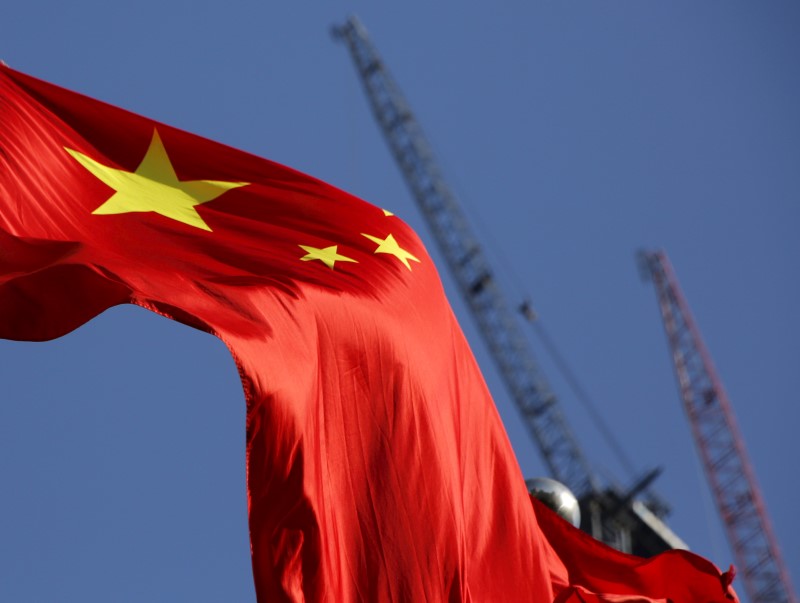Fubotv earnings beat by $0.10, revenue topped estimates
By Gina Lee
Investing.com – China’s economy grew at its slowest pace in a year in the third quarter of 2021, with a global energy crunch, supply chain bottlenecks, and an unsteady property market also adding pressure on policymakers to bolster a faltering economic recovery.
Data released earlier in the day said that the GDP grew 0.2% quarter-on-quarter, against the 0.5% growth in forecasts prepared by Investing.com and the previous month’s 1.3% growth. The GDP grew 4.9% year-on-year, lower than the 5.2% growth in forecasts prepared by Investing.com and the 7.9% growth recorded in August 2021.
China Evergrande Group's (HK:3333) ongoing debt crisis, supply chain delays, and the energy crunch are emerging as big challenges for China to overcome.
"The domestic economic recovery is still unstable and uneven," National Bureau of Statistics (NBS) spokesperson Fu Linghui said at a briefing on Monday.
The slow growth is in contrast to the country’s impressive economic recovery from COVID-19 in 2020, boosted by effective virus containment and increasing overseas demand for Chinese manufactured goods.
"In response to the ugly growth numbers we expect in coming months, we think policymakers will take more steps to shore up growth, including ensuring ample liquidity in the interbank market, accelerating infrastructure development and relaxing some aspects of overall credit and real estate policies," Oxford Economics head of Asia economics Louis Kuijs told Reuters.
Developer China Evergrande Group’s debt woes continue, and worries about a potential spillover of credit risk from China's property sector into the broader economy also continue to mount.
Meanwhile, industrial production grew 3.1% year-on-year in September, lower than the 4.5% growth in forecasts prepared by Investing.com and the previous month’s 5.3% growth.
Retail sales grew 4.4% year-on-year in September, higher than the 3.3% in Investing.com forecasts and the previous month’s 2.5% growth. The unemployment rate was 4.9%, lower than the 5.1% recorded in August.
The industrial sector has been hit by the energy crisis, with coal shortages triggering power rationing. The sector has also been hit hard by environmental curbs on heavy polluters like steel plants and floods over the summer.
"Most of the negative factors are policy-driven... the economy is having a lot of pain points and these pain points are not going away soon because policies are here to stay, and therefore it will continue into 2022," ING chief economist for Greater China Iris Pang told Reuters.
